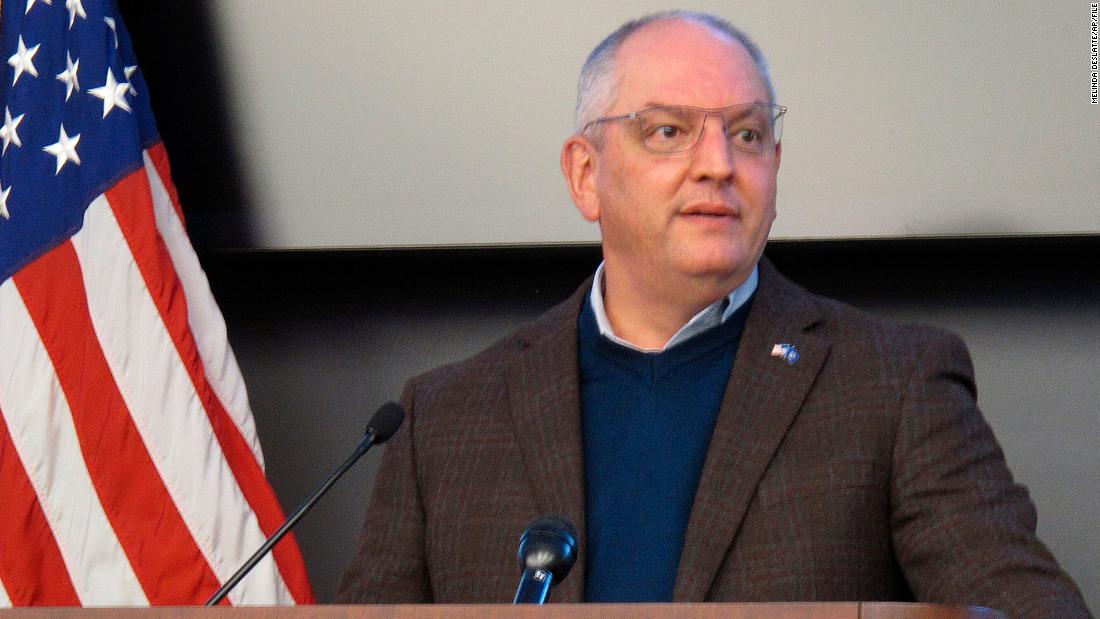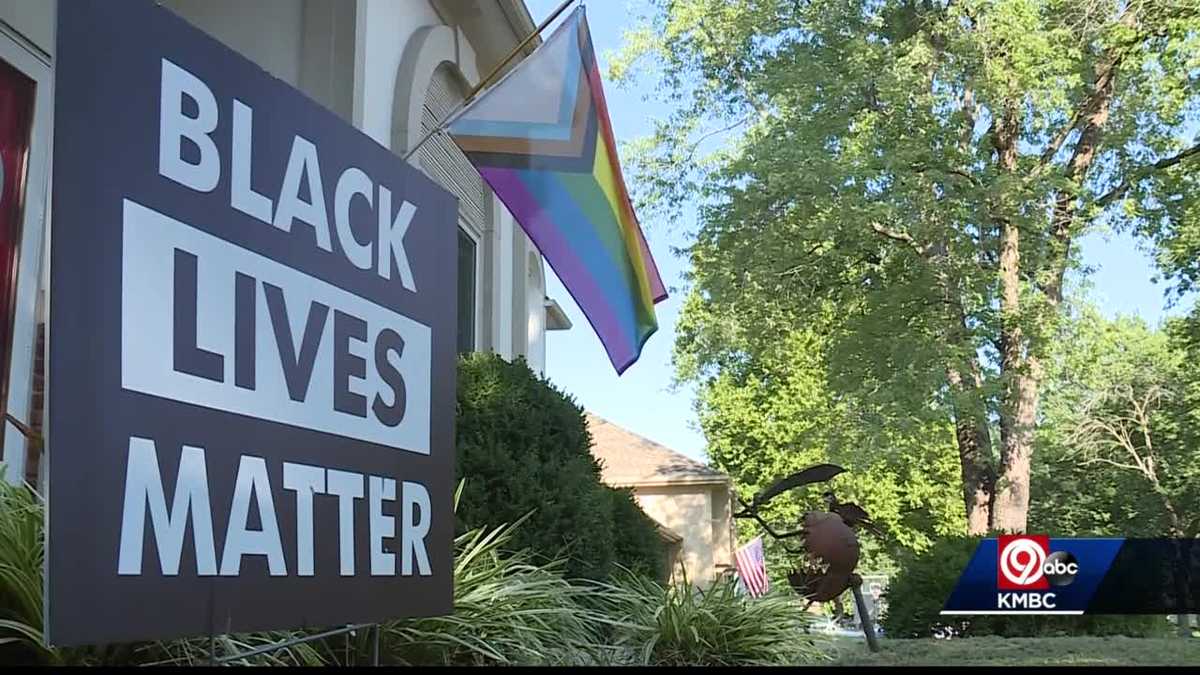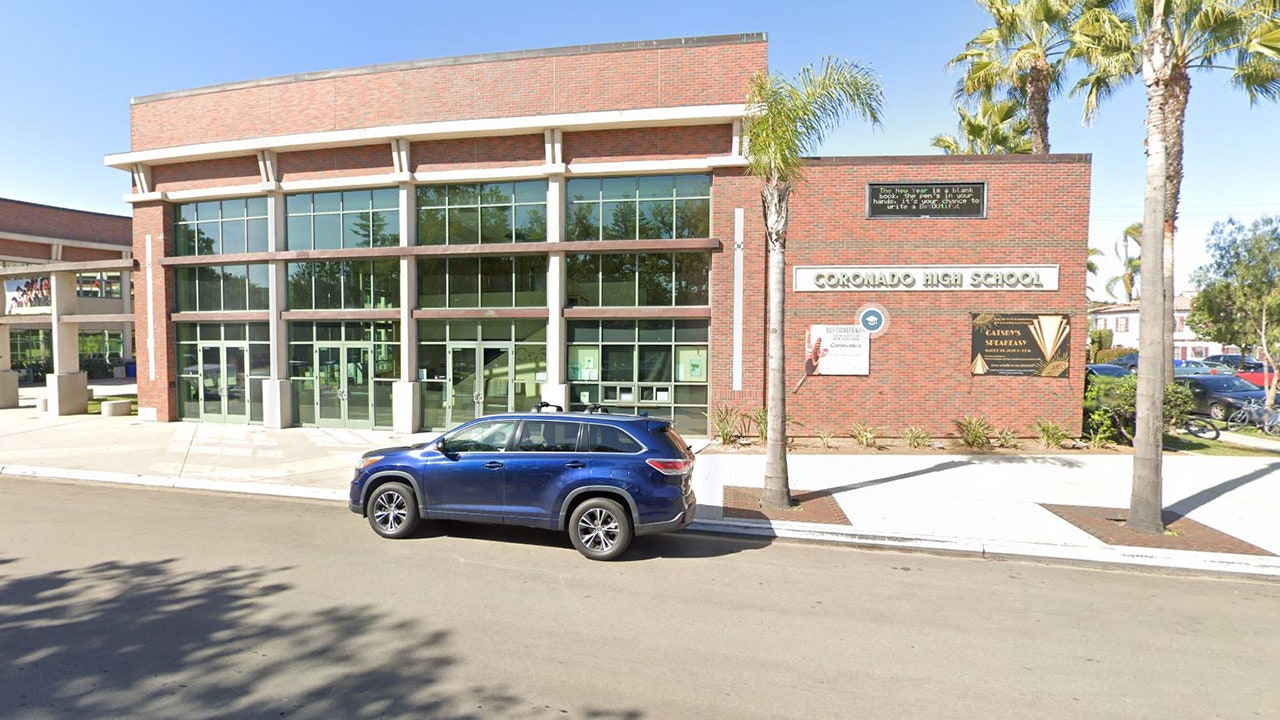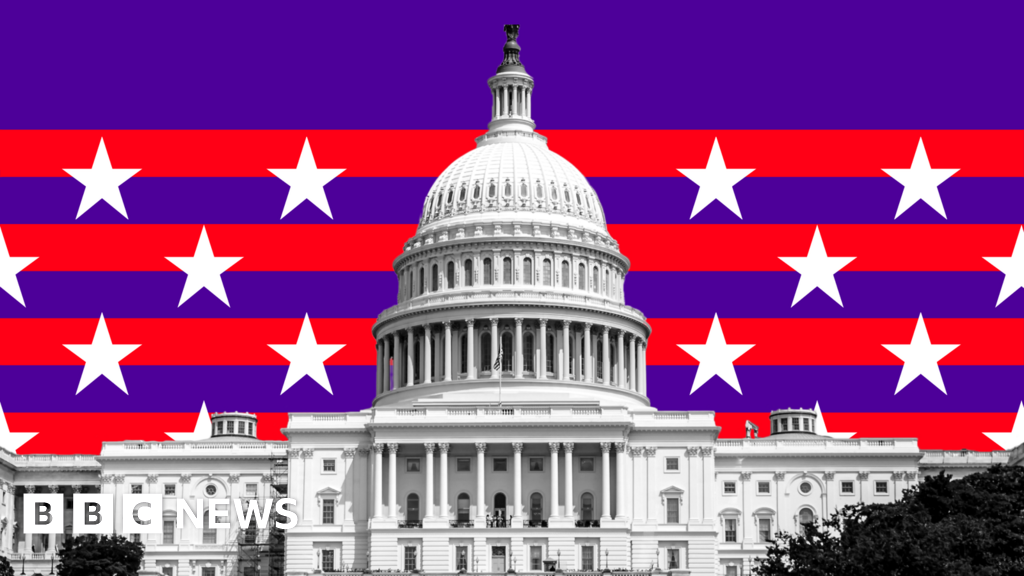“Further, it would make life more difficult for transgender children, who are some of the most vulnerable Louisianans when it comes to issues of mental health,” Edwards said. “We should be looking for more ways to unite rather than divide our citizens.”
CNN has reached out to the bill’s sponsor, Republican state Sen. Beth Mizell, for comment on the veto.
Mizell had told CNN last month that she wasn’t sure if there was enough support to override a potential veto but that she “would just hope the governor would see the support and understand that this is a woman’s issue to support women,” arguing the bill is not intentionally discriminatory despite the fact that it targets trans women. Mizell also said at the time that she couldn’t cite any examples of when Louisianans have complained about a trans woman being part of a women’s team, but argued the bill was necessary to prevent future “problems.”
The bill would have required elementary, secondary and college sports teams that receive state funding to be designated based on “biological sex,” thus prohibiting trans women and girls from participating on women’s athletic teams.
While the bill doesn’t define “biological sex,” the term has been used by Republican lawmakers around the country to refer to the sex assigned at birth based on reproductive biology and genetics.
While sex is a category that refers broadly to physiology, a person’s gender is an innate sense of identity. The factors that go into determining the sex listed on a person’s birth certificate may include anatomy, genetics and hormones, and there is broad natural variation in each of these categories.
For this reason, the language of “biological sex,” as used in this legislation, can be overly simplistic and misleading.
SB 156 would have also shielded schools, coaches and other school employees enforcing the ban from any legal action, and would allow cisgender women to take legal action if they claim they were “deprived of an athletic opportunity” because of a violation of the proposed ban.
In vetoing the legislation on Tuesday, Edwards pointed to a recent announcement by the NCAA that the body doesn’t support such bans and is closely monitoring them to make sure NCAA championships can be held “in ways that are welcoming and respectful of all participants.”
“While there is no issue to be solved by this bill, it does present real problems in that it makes it more likely that NCAA and professional championships, like the 2022 Final Four, would not happen in our state,” he said in the statement.








